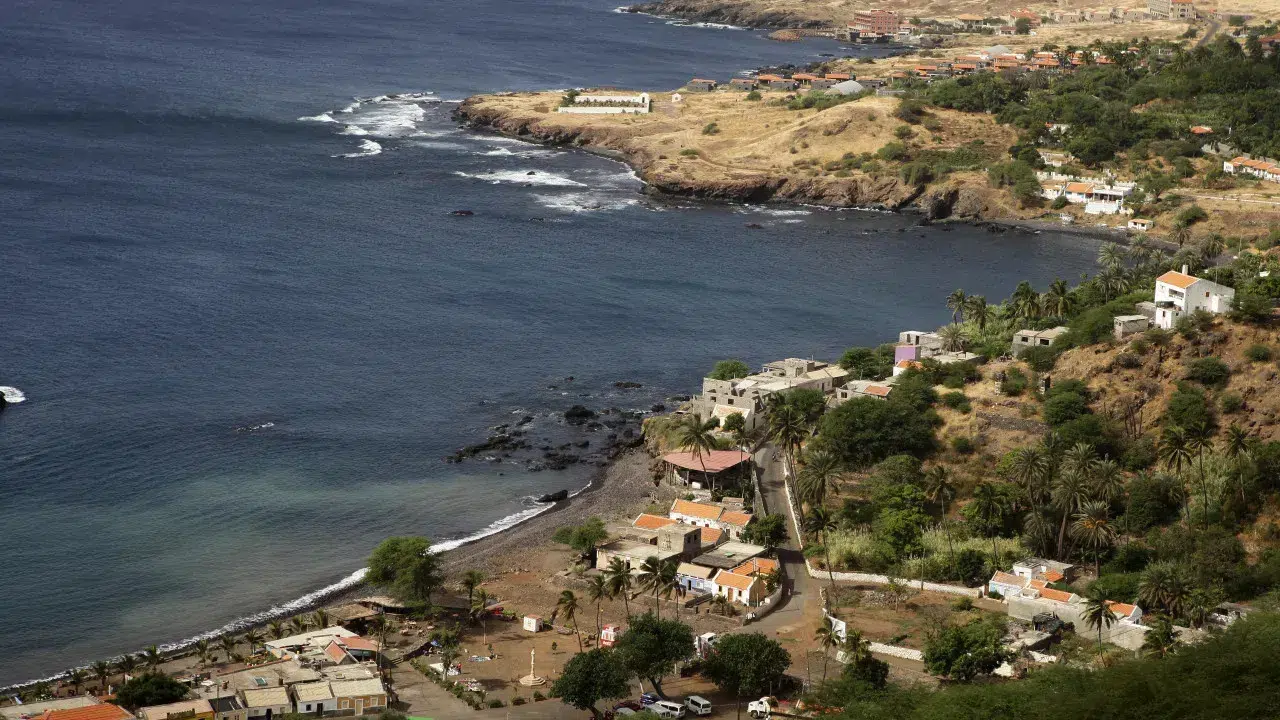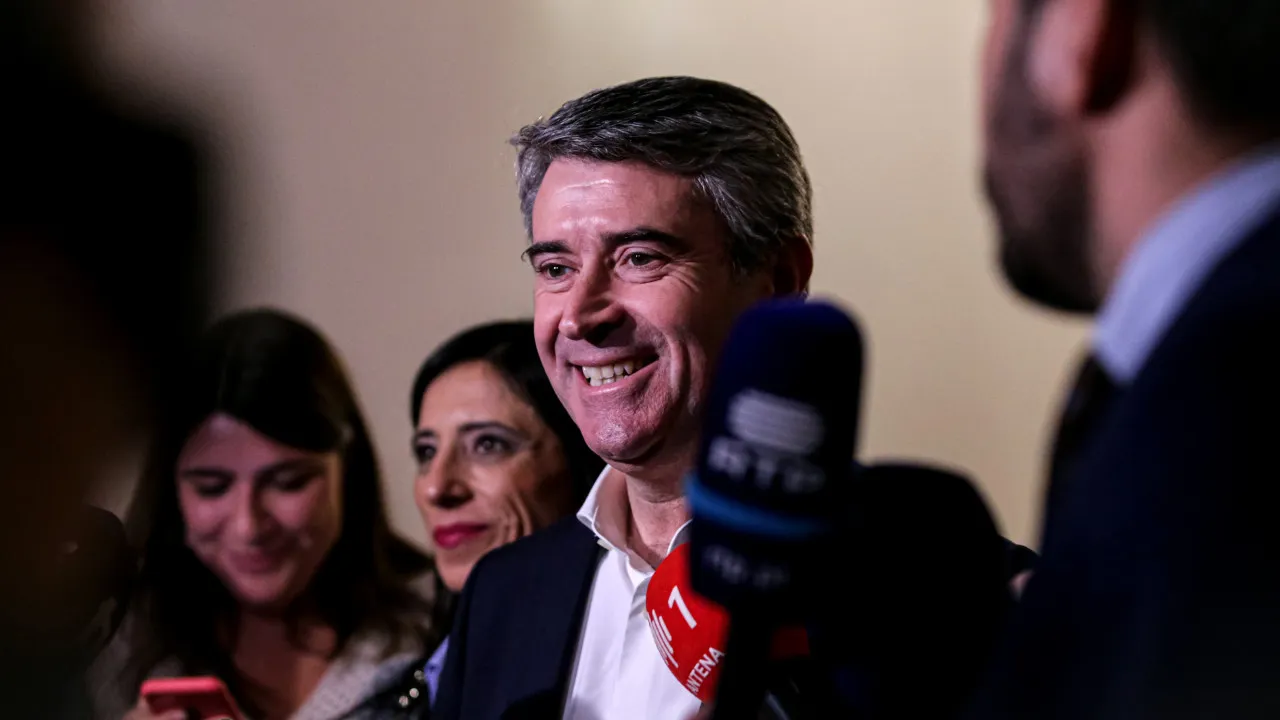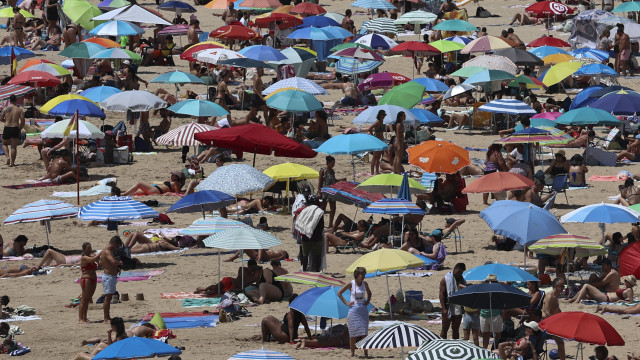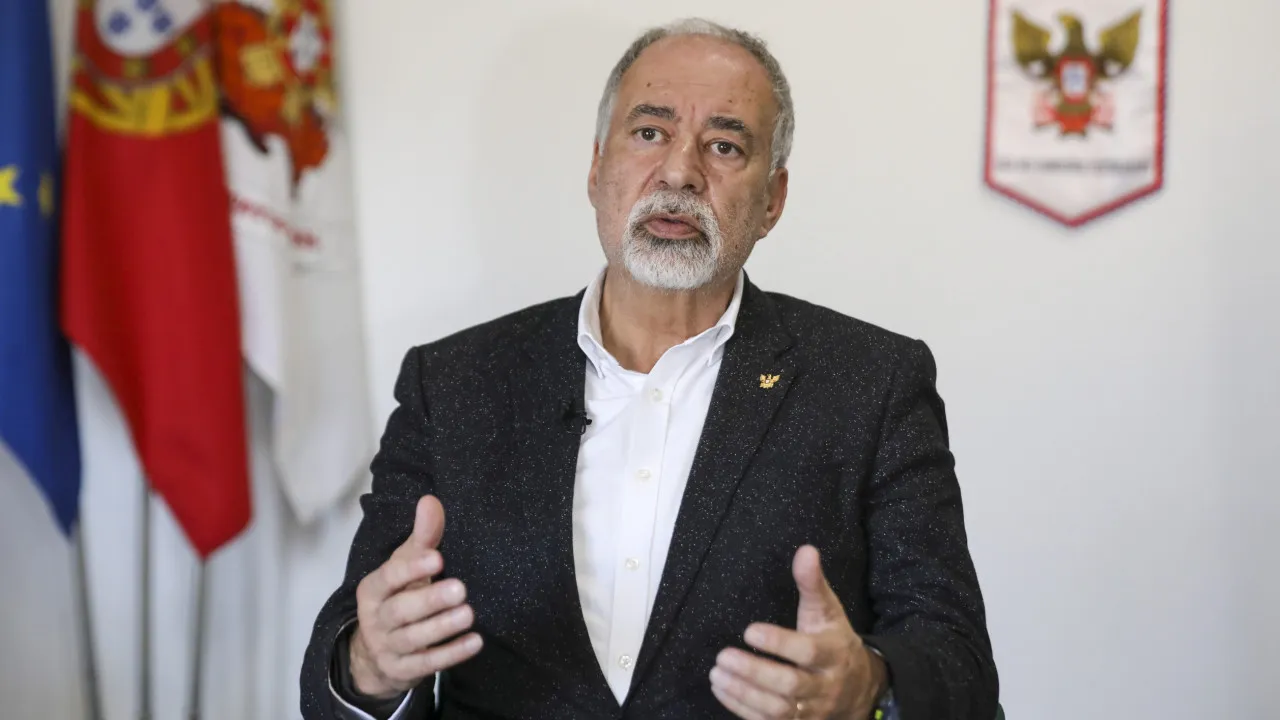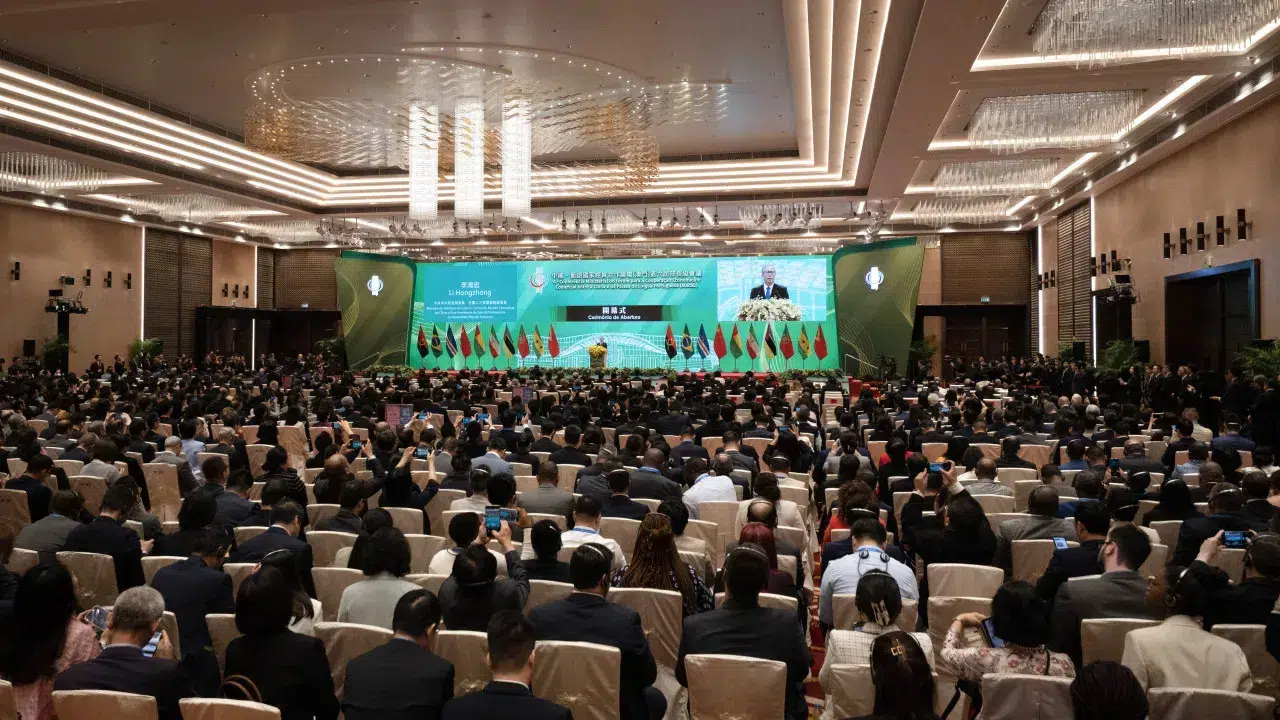
Ji Xianzheng attributes the criticisms of the Forum for Economic and Trade Cooperation between China and Portuguese-speaking Countries, established in October 2003, to a misinterpretation of the organization’s mission.
“The Forum is a mechanism for cooperation between central governments,” he stated.
“Many people think it is the Secretariat’s role to implement policies, but we have a limited number of people,” Ji added.
“The Secretariat does not have investment projects; it is a mechanism for ministerial conference preparation and liaison with governments, not a promotion agency. It was not conceived as such; it connects with promotion agencies. We are four people sent by China and one delegate from each country,” the Secretary-General clarified.
At the last ministerial conference in April 2024, the then Portuguese Minister of Economy, Pedro Reis, advocated that the Forum and the China-Portuguese-speaking Countries Cooperation and Development Fund should focus more on small and medium-sized enterprises (SMEs).
The cooperation fund was established in 2013 by the China Development Bank and the Macao Industrial and Commercial Development Fund with one billion dollars (869 million euros), of which about 60% has already been invested, according to the Secretary-General.
Ji Xianzheng acknowledged that SMEs are “a difficult issue for any government” and that “international cooperation for the promotion of development and cooperation of small and medium-sized enterprises is even more challenging. It is a topic being debated daily worldwide.”
However, he admitted, “very little here.”
“But it is stipulated in the action plan [2024-2026]. It is up to central governments and chambers of commerce, promotion agents, to work together to accomplish this. The Secretariat assumes responsibility as authorized by central governments, specifically in the activity program,” he emphasized.
Political leaders from various countries, including Portugal, Angola, and Mozambique, have called for a change in the fund’s application rules.
The current rules require, for instance, that applicant projects have a minimum investment of five million dollars (4.35 million euros), with the Fund only covering 20% of the total investment, leaving the rest to governments or companies.
Ji Xianzheng stated that the new management of the Fund “is committed to promoting broader investment, with better coverage for all Forum countries, [regarding] projects that have a strategic or significant impact on the socioeconomic development of participating countries.”
According to the Secretary-General, “the application terms [of the access rules to the Fund] will be more flexible, and the application methods will also be more diversified.”
“Instead of just direct investment, they are also studying ways to apply the fund, in cooperation with other funds or with other financial institutions,” he exemplified.
“This fund operates according to market rules. It is not a humanitarian aid fund. Therefore, it must ensure a minimum return on benefits. But, on top of that, they are very open to study, case by case, the conditions of each project,” added Ji Xianzheng, though refraining from providing examples of “rule flexibilization.”

